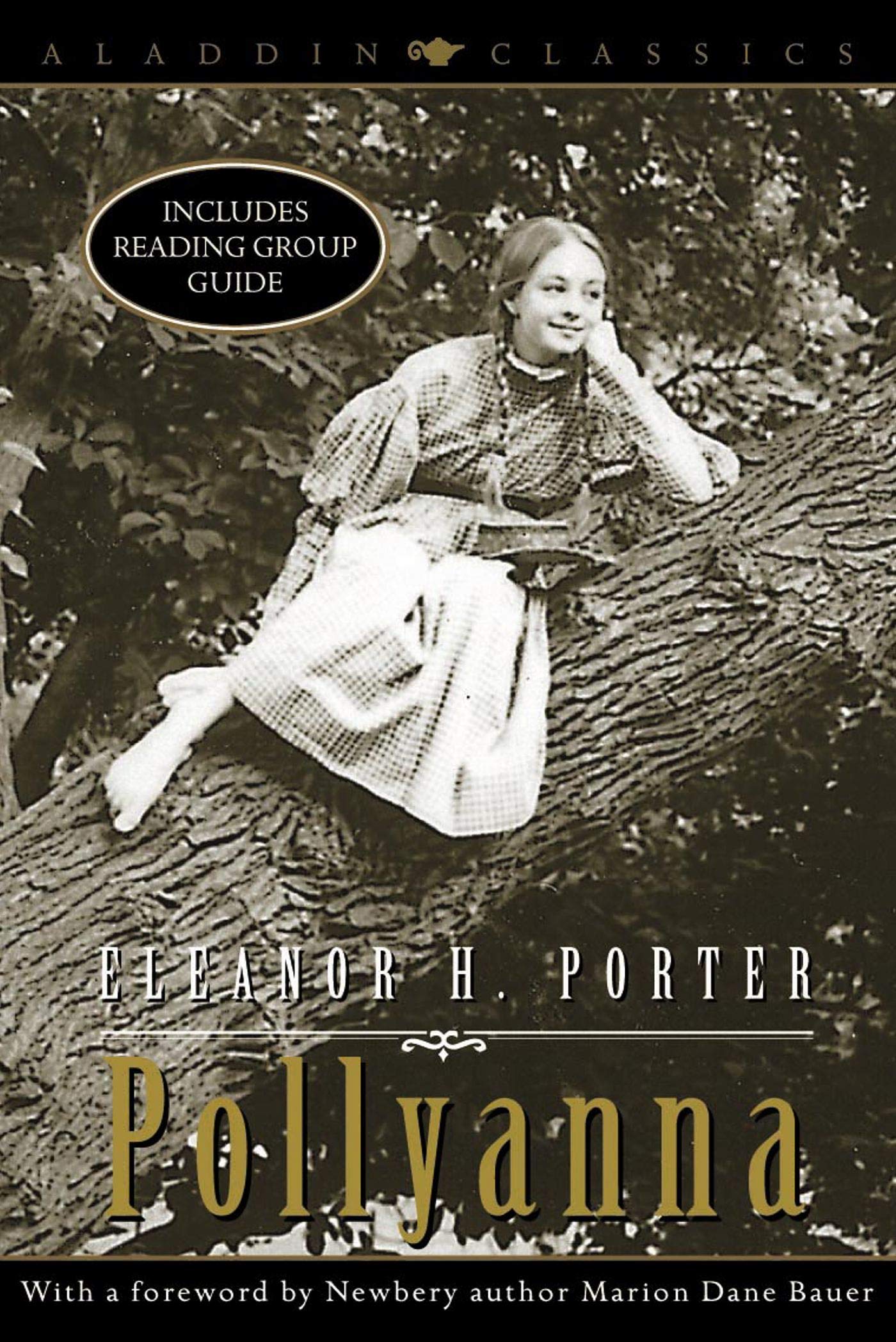TL;DR
Pollyanna, a beloved novel by Eleanor H. Porter, tells the story of an optimistic orphan who transforms her stern aunt's life and her community by playing the 'Glad Game,' finding joy in every situation.
What is Pollyanna about
Published in 1913, 'Pollyanna' centers around an eleven-year-old orphan named Pollyanna Whittier who moves to Beldingsville, Vermont, to live with her cold and distant Aunt Polly Harrington. Despite her difficult circumstances, Pollyanna embodies unyielding optimism, thanks to her father's influence, and engages in her famous 'Glad Game,' where she finds something to be glad about in every situation, no matter how dire. As she navigates her new life, Pollyanna's infectious spirit begins to impact the townspeople, drawing them into her joyful perspective and helping them to embrace optimism in their own lives. The book's themes of resilience and positivity have resonated with readers for over a century, inspiring the formation of 'Glad' clubs and adaptations in various media.
Pollyanna 7 Key Takeaways
Pollyanna arrives in Beldingsville.
After her father's death, Pollyanna is sent to live with her Aunt Polly, who reluctantly takes her in, setting the stage for their evolving relationship.
The Glad Game is introduced.
Pollyanna teaches her aunt and others about her 'Glad Game,' a strategy to find something to be glad about in every situation, revealing her unwavering optimism.
Community transformation.
Pollyanna's cheerful attitude gradually impacts the townspeople, helping them overcome their worries and bitterness, showcasing the power of positivity.
Aunt Polly's softening heart.
As Pollyanna's joyful nature penetrates Aunt Polly's stern exterior, their relationship deepens, illustrating the transformative power of love and kindness.
Pollyanna's accident.
Pollyanna suffers a severe accident that tests her optimism, leading to a period of struggle that challenges her philosophy and the community's resolve.
Community rallies around Pollyanna.
When Pollyanna faces adversity, the townspeople unite to support her, reflecting how her influence has changed their outlook on life.
Resolution and reconciliation.
The novel concludes with personal growth for Aunt Polly and the community, affirming the enduring impact of optimism and human connection.
Top Pollyanna Quotes
- When you look for the bad in mankind, expecting to find it, you surely will.
- I’m glad I’m glad, and it’s lovely to be glad.
- The world is full of surprises, and if you look for them, you will find them.
Who should read Pollyanna?
This book is ideal for readers aged 8 and up, appealing to both children and adults who appreciate heartwarming stories that emphasize the importance of optimism and resilience. Its timeless message encourages readers to see the good in life, offering inspiration and comfort.
Pollyanna Best Reviews
- The New York Times praised 'Pollyanna' as 'a refreshing tale of resilience and joy that continues to captivate readers of all ages.'
- Modern readers have embraced Pollyanna's timeless optimism, with Publishers Weekly noting that her story is 'a heartwarming reminder of the power of positivity in the face of life's challenges.'
People also liked these summaries
Pollyanna FAQs
Is 'Pollyanna' suitable for young children?
Yes, 'Pollyanna' is suitable for children aged 8 and up, offering valuable lessons in optimism and resilience through an engaging story.
What impact did 'Pollyanna' have on American culture?
The character of Pollyanna became synonymous with optimism, leading to the creation of 'Glad' clubs that promote her philosophy of finding joy in every situation.
